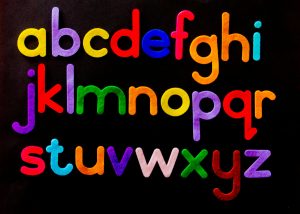Dolch Sight Words 3rd Level

Here is the list of Dolch Sight Words 3rd Level. These words are very important for comprehension and communication in American English. Students are invited to use the translation flags on the right side to translate if needed.
Students, do you know what each of the words below mean? Can you put each of these words in a complete thought and write a simple sentence with each of them? You are welcome to study the word list and the videos below to improve your American English skills.
about, better, bring, carry, clean, cut, done, draw, drink, eight, fall, far, full, got, grow, hold, hot, hurt, if, keep, kind, laugh, light, long, much, myself, never, only, own, pick, seven, shall, show, six, small, start, ten, today, together, try, warm
Dolch Sight Words 3rd Level Videos Part 1: Video Lessons and Quizzes
Dolch Sight Words 3rd Level Videos Part 2: Word Definitions and Sentences
Dolch sight words for grade 3 are essential tools for English learners as they provide a foundational vocabulary that enhances reading fluency and comprehension. These words, which make up a significant portion of written text, allow learners to recognize familiar terms quickly without having to decode each one. By focusing on high-frequency words—such as because, after, and three—students can engage more readily with texts, boosting their confidence and encouraging independent reading. This is particularly important for English learners who may struggle with the complexity of language; mastering these sight words helps bridge the gap between spoken language proficiency and literacy skills.
Moreover, Dolch sight words promote not only recognition but also contextual understanding. When English learners repeatedly encounter these words in various contexts, they begin to grasp their meanings more deeply and understand how they function within sentences. This exposure fosters greater engagement with literature and other forms of written communication, allowing students to connect ideas more effectively. Additionally, incorporating these sight words into daily practice through games or interactive activities keeps learning fun and dynamic. As students internalize this core vocabulary, they find themselves better equipped to tackle increasingly complex texts in higher grades, setting a solid foundation for continued academic success in the English language.




